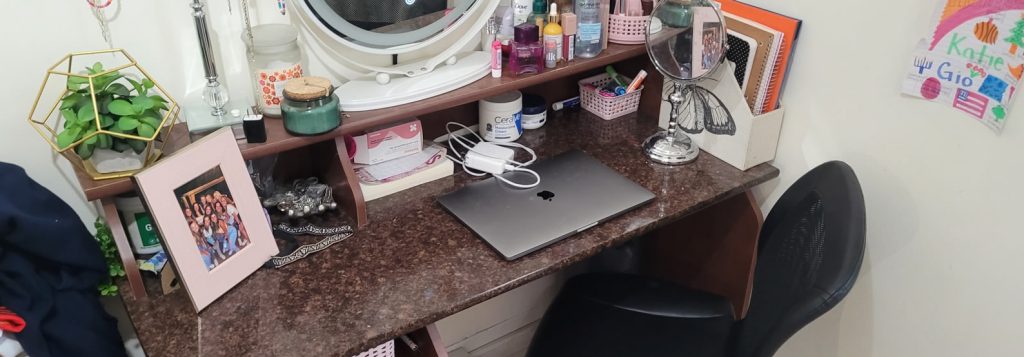 College is a time of new experiences, personal growth, and academic challenges. With so many demands on a student’s time, it can be difficult to strike a balance between academics, extracurricular activities, and a social life. Yet, maintaining this balance is crucial for academic success, personal fulfillment, and overall well-being. Here are some tips to help college students find the right balance between their studies and other commitments.
College is a time of new experiences, personal growth, and academic challenges. With so many demands on a student’s time, it can be difficult to strike a balance between academics, extracurricular activities, and a social life. Yet, maintaining this balance is crucial for academic success, personal fulfillment, and overall well-being. Here are some tips to help college students find the right balance between their studies and other commitments.
Create a schedule and prioritize tasks
The first step in balancing academics, extracurricular activities, and a social life is to create a weekly schedule. This will give you a clear picture of your available time and help you prioritize tasks based on deadlines and importance. Be sure to set aside enough time for study and homework, as well as for participation in extracurricular activities and social events. Remember to also include time for rest and relaxation.
Set realistic goals and limits
It is essential to set realistic goals and limits for both academics and extracurricular activities. Overloading yourself with too many commitments can lead to stress and burnout, while not challenging yourself enough can lead to boredom and lack of personal growth. Identify your strengths and interests, and select activities that complement your academic goals.
Make use of downtime
College students often have periods of downtime between classes or on weekends. Make use of these quiet times by studying, participating in extracurricular activities, or socializing with friends. Avoid wasting time by having a plan in place for how you will use your free time.
Seek help or delegate tasks
When faced with a heavy workload, it is okay to seek help or delegate tasks. For example, you can work with classmates on group projects, seek help from tutors or professors, or hire someone to assist with assignments. This can help lighten your load and free up time for other activities.
Learn to say no
While it is important to participate in extracurricular activities and social events, it is equally important to know your limits. Learn to say no to commitments that do not align with your priorities. This will help you avoid overextending yourself and maintain a healthy balance between your academics and other commitments.
Build a support network
Building a support network of friends, professors, and advisors can help you navigate the demands of college life. Having someone to turn to for advice and support can help reduce stress and provide a sense of community.
Incorporate physical activity and self-care
Physical activity and self-care are important components of a healthy balance between academics, extracurricular activities, and a social life. Exercise can help reduce stress and improve focus, while self-care practices, such as meditation and mindfulness, can help maintain a healthy mind and body.
Use technology
Technology can be a useful tool in balancing academics, extracurricular activities, and a social life. There are numerous scheduling apps and productivity tools available to help you stay organized and on top of your commitments. Consider using a calendar or scheduling app to keep track of deadlines, appointments, and other events.
Stay flexible
Life can be unpredictable, and college is no exception. Stay flexible and be prepared to adjust your schedule as needed to accommodate unexpected events, such as illness or a change in your course load. Having a flexible approach can help you manage the demands of college life and maintain a healthy balance.
Remember to have fun!
Finally, it is essential to remember to have fun and take breaks when you need them.














